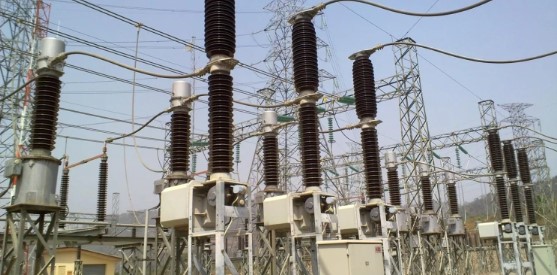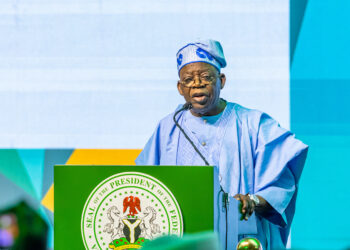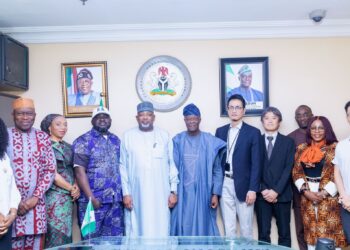The Federal Ministry of Power has budgeted the sum of N150 billion for transmission projects under the Presidential Power Initiative.
This is contained in the 2025 Appropriation Bill, recently presented to the National Assembly by President Bola Tinubu.
The Presidential Power Initiative is one of various initiatives and bilateral partnerships aimed at tackling its chronic power challenges.
About the PPI
The Presidential Power Initiative (PPI) is a project of the Federal Government, with funding and technical support from the German government, aimed at modernising and expanding Nigeria’s power grid. The initiative was conceived in 2018 by President Muhammadu Buhari and German Chancellor Angela Merkel.
The PPI’s goals include:
- Nigeria’s power generation will increase to 6,000 MW by the end of 2024.
- Improving the reliability and sustainability of the power supply for all Nigerians
- Enabling the Nigeria Electricity Supply Industry (NESI) to achieve commercial autonomy
According to the FGN Power Company, which is in charge of its execution, the PPI is being implemented in three phases:
- Phase 1
Focuses on increasing operational capacity to 7 GW. This phase includes upgrading substations, installing new substations and transformers, and deploying smart metering systems. According to the official website of the FGN Power company, the first phase “focuses on ‘quick win’ measures.” - Phase 2
Focuses on increasing the capacity of the transmission and distribution systems to allow for evacuation of up to 11 GW of electricity to end-users. - Phase 3
Focuses on increasing the capacity of the power grid to 25 GW by expanding generation, systems of transmission, and distribution.
Nigerian Government to Invest $800m under PPI
In September 2024, the federal government announced that it would invest $800 million under the PPI in upgrading the power sector.
According to the Minister of Power, Adebayo Adelabu, this investment under the PPI would contribute to increasing Nigeria’s power generation to 6,000 MW by the end of 2024 and 25,000 MW by the end of 2025.
He added that part of the investment would go into constructing super and mini-grids. It would also be extended to Electricity Distribution Companies across the country, to help them upgrade their services.
What you should know
- Millions of Nigerians lack constant electricity supplies while many, especially in rural areas, are totally disconnected from the grid. The PPI was meant to solve these problems.
- Although the PPI was instituted in 2018, implementation started in 2021, but not much has been achieved.
- So far, the goals of the PPI are not being achieved. For instance, the country’s target of generating 6,000 MW by the end of 2024 was not met.
- Apart from the N150 billion allocated to the PPI transmission projects, there are other electricity-related infrastructure projects in the 2025 budget.























